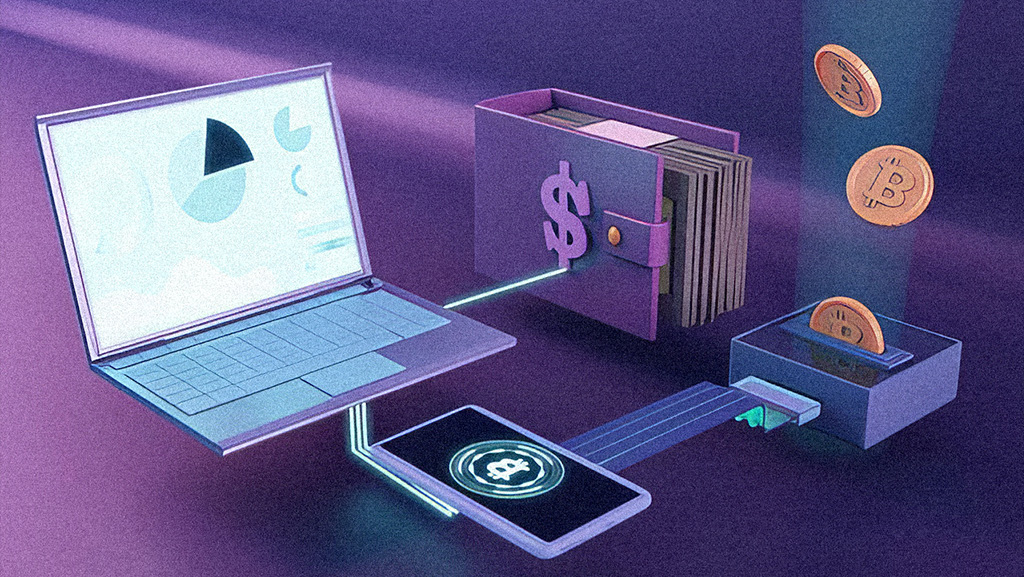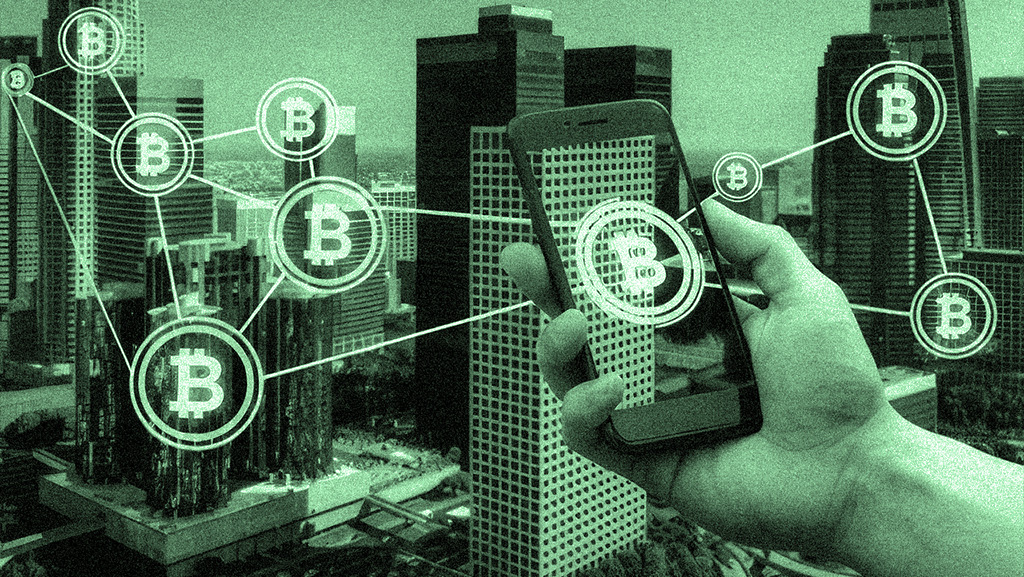Decentralized Finance refers to a broad ecosystem of financial applications and protocols built on blockchain technology, most commonly on the Ethereum network. At its core, DeFi seeks to eliminate the need for intermediaries such as banks, brokers, and other financial institutions, enabling peer-to-peer transactions and financial services without central authority. The key features of DeFi include open access, transparency, composability, and programmability.
The market for DeFi is expanding swiftly, with significant growth observed from 2018 to 2020, where it increased nearly 3-fold from $1.2 billion to $3 billion. This growth has been consistent, nearly doubling each year.
Industry experts project the market to reach $67.4 billion by 2026.
DeFi offers a wide range of applications and services that mirror those found in traditional banking but with distinct advantages. Some of the prominent DeFi applications include decentralized exchanges (DEXs), lending and borrowing platforms, stablecoins, yield farming, insurance, and asset management. These services operate using smart contracts, which are self-executing agreements that facilitate transactions without the need for intermediaries.
One of the most significant impacts of DeFi is its ability to disintermediate the financial system. By eliminating intermediaries, such as banks and brokers, DeFi enables direct peer-to-peer interactions, reducing costs, and increasing efficiency. This disintermediation has far-reaching implications for financial inclusion, as it empowers individuals who have limited access to traditional banking services. With just an internet connection and a smartphone, anyone can participate in the DeFi ecosystem and access financial services that were previously inaccessible.
Traditional banking systems often lack transparency, with users having limited visibility into the inner workings of financial institutions. In contrast, DeFi operates on public blockchains, where transactions and smart contract code are visible to anyone. This transparency fosters trust and accountability, as users can audit and verify the integrity of transactions and protocols. Additionally, DeFi employs robust security measures through cryptographic encryption and consensus mechanisms, making it highly resistant to fraud and hacking.
DeFi’s programmability is a game-changer for financial innovation. Smart contracts enable developers to create complex financial products and services that can be executed automatically based on predefined conditions. This opens up a world of possibilities, such as decentralized derivatives, prediction markets, decentralized autonomous organizations (DAOs), and much more. The ability to build and experiment with innovative financial instruments has the potential to reshape the entire financial landscape, driving creativity and entrepreneurship.
While DeFi holds immense potential, it also faces several challenges and risks. One of the primary concerns is the security of smart contracts. As we’ve witnessed with high-profile hacks in the past, vulnerabilities in smart contracts can lead to substantial financial losses. Additionally, regulatory uncertainties pose challenges for the widespread adoption of DeFi. Governments and regulatory bodies are still grappling with how to classify and regulate decentralized financial systems. Striking a balance between innovation and consumer protection remains a complex task.
As DeFi continues to gain traction, traditional banking institutions are taking notice. Some banks are exploring partnerships with DeFi projects or developing their own blockchain-based solutions. This convergence of DeFi and traditional banking has the potential to bridge the gap between the two worlds, combining the advantages of decentralized finance with the stability and trust associated with established financial institutions. However, it also presents challenges as both systems operate on fundamentally different principles.




